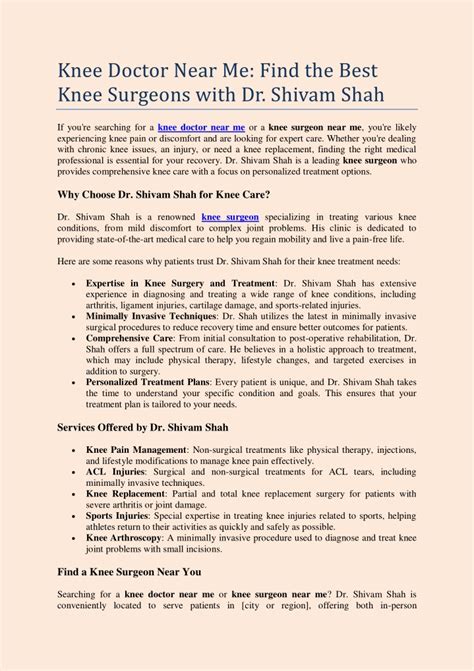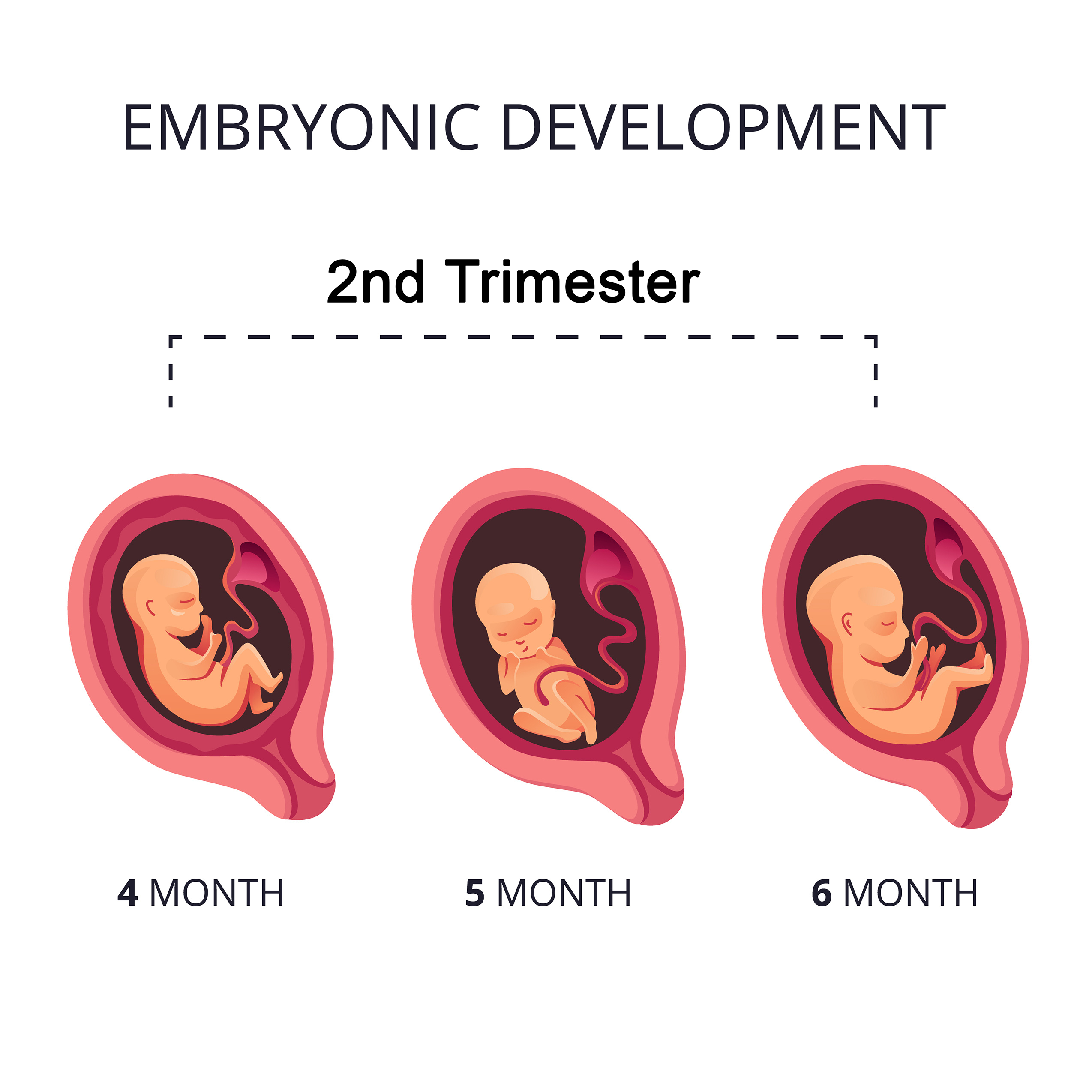Ent Specialist Guide: Symptoms To Solutions
The field of Ear, Nose, and Throat (ENT) medicine is a complex and multifaceted one, encompassing a wide range of conditions and disorders that affect the senses of hearing, smell, and taste, as well as the respiratory and digestive systems. For individuals experiencing symptoms related to these areas, it can be both frightening and overwhelming, especially when trying to navigate the path from diagnosis to treatment. This comprehensive guide aims to provide an in-depth look at common ENT symptoms, explore the underlying causes, and discuss the latest treatment options available, serving as a valuable resource for those seeking solutions to their ENT-related health concerns.
Understanding ENT Symptoms
ENT symptoms can manifest in various ways, often depending on the specific area of the body affected. Some common symptoms include:
- Hearing Loss or Ringing in the Ears (Tinnitus): This can range from mild to severe and may be temporary or permanent. Causes can include exposure to loud noise, age-related hearing loss, or conditions such as otosclerosis.
- Nasal Congestion or Discharge: Chronic or acute conditions like allergic rhinitis, sinusitis, or a common cold can lead to these symptoms, affecting the sense of smell and causing discomfort.
- Sore Throat or Difficulty Swallowing: These symptoms can be indicative of infections like pharyngitis or more serious conditions such as throat cancer.
- Dizziness or Balance Problems: Inner ear disorders, such as benign paroxysmal positional vertigo (BPPV), can cause these symptoms, affecting an individual’s equilibrium and overall quality of life.
Diagnosis: The First Step Towards Recovery
Diagnosing ENT conditions requires a combination of physical examination, patient history, and sometimes, specialized tests. An ENT specialist may use tools like an otoscope to examine the ears, a nasopharyngolaryngoscope to visualize the nasal passages and throat, or order imaging tests such as CT scans or MRIs to get a clearer picture of the condition.
Advanced Diagnostic Techniques
- Hearing Tests: Audiometry and tympanometry are essential for assessing hearing loss and middle ear function.
- Nasal Endoscopy: For a detailed examination of the nasal passages and sinuses.
- Laryngoscopy: To examine the throat and vocal cords.
Treatment Options: From Medication to Surgery
Treatment for ENT conditions varies widely depending on the diagnosis. While some conditions may be managed with medications or lifestyle changes, others may require surgical intervention.
- Medications: Antibiotics for infections, antihistamines for allergies, and pain relievers for discomfort are common.
- Therapies: Speech therapy for swallowing disorders or voice therapy for vocal cord conditions.
- Surgical Procedures: Tonsillectomy for recurrent tonsillitis, septoplasty for deviated septum, or cochlear implants for severe hearing loss.
Innovative Approaches
- Minimally Invasive Surgery: Techniques like balloon sinuplasty for sinusitis offer reduced recovery times and less discomfort.
- Robotic Surgery: Enhancing precision in complex ENT surgical procedures.
- Stem Cell Therapy: Emerging as a potential treatment for certain hearing and balance disorders.
Prevention: The Best Medicine
Preventing ENT conditions or reducing their severity involves a range of strategies:
- Hearing Protection: Regular use of earplugs or earmuffs in loud environments.
- Vaccinations: Staying up-to-date with vaccinations, such as the flu vaccine, to prevent infections.
- Good Hygiene: Frequent handwashing to prevent the spread of infections.
- A Healthy Lifestyle: Maintaining a balanced diet, exercising regularly, and avoiding smoking can reduce the risk of many ENT conditions.
Conclusion
Navigating the world of ENT health can be daunting, but with the right information and support, individuals can find effective solutions to their symptoms. Whether it’s managing chronic conditions or treating acute problems, understanding the latest in ENT care is the first step towards a healthier, happier life. By prioritizing prevention, seeking professional diagnosis when needed, and exploring the array of treatment options available, individuals can take control of their ENT health and find relief from symptoms that impede their quality of life.
What are the most common causes of sudden hearing loss?
+Sudden hearing loss can be caused by exposure to loud noises, viral infections, head injuries, or conditions such as Meniere’s disease. It’s essential to seek immediate medical attention if you experience sudden hearing loss, as prompt treatment can significantly improve outcomes.
How can I prevent recurrent sinus infections?
+To prevent recurrent sinus infections, practice good hygiene, use a humidifier to keep your nasal passages moist, avoid exposure to allergens and pollutants, and consider immunotherapy if you have allergies. Regular check-ups with an ENT specialist can also help manage and prevent future infections.
What are the symptoms of a deviated septum, and how is it treated?
+Symptoms of a deviated septum include nasal congestion, difficulty breathing, frequent nosebleeds, and loss of smell. Treatment often involves septoplasty, a surgical procedure to correct the deviated septum, which can significantly improve breathing and reduce other symptoms. In some cases, nasal strips or decongestants may provide temporary relief, but surgery is usually necessary for a permanent solution.



